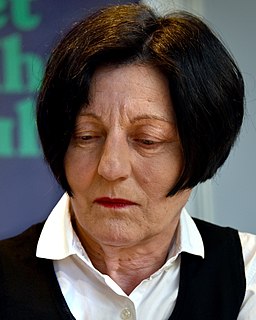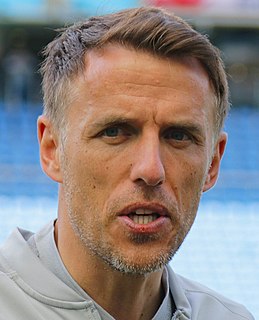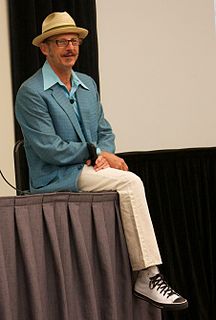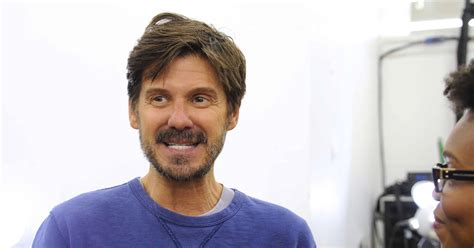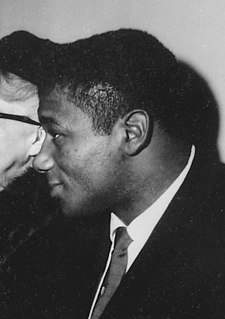A Quote by Herta Muller
I learned Romanian very late, when I was fifteen, in town, and I wanted to learn it. I like the language very much.
Related Quotes
I feel like it's not so much a tradition as a system that has been codified over the centuries starting in the Renaissance that applies to any painted surface. So if you're engaging in paintings, this is the language that one has to learn and is obliged to speak. I was very fortunate that I learned this language when I was a kid before I went to California, where I learned the language of attitude. Somehow the two things began to coexist.
I don't hold on to fear as much as I used to, because I've learned a lot about genuinely not caring what strangers think about me. It's very liberating. It's very empowering, and I've learned a lot of that from Jay-Shawn Carter-Z, because his approach to life is very internal. It's a very good lesson to learn.
I went to the Mary Lee Burbank School in Belmont. And it was a place where you, like, learned to go to the store? And I was saying, Oh God, I want to learn something else. I wanted to learn to read and write better and do mathematics better. They were very much into Abstract Expressionism and that artsy stuff. And where most kids did what I call meaningless blobs, I could render perfectly.
I didn't know I wanted to be a hairdresser. I was always interested in fashion and imagery in a very naive way, but it was always an attraction, like glitter balls. This was in the late '70s, early '80s, so it wasn't like today, where you kind of know all about the industry. Fashion was a very insider industry then - it was very closed. So I didn't really know what I wanted to do.
The experimental film scene was very much misogynistic as well. I don't know if you have read what little attention was given to the films of Joyce Wieland, who was the wife of Michael Snow. Michael was the "genius" and she was not. If you look at the films they're wonderful, but very different. Michael was very proud of the films too, so it was not coming from him. It was coming from the general environment. I think both Chantal Akerman and I shared that. We wanted to find a language, which was the language of women.
On the other hand, Surrealism has been a part of Romanian literature since forever. Even before Tzara, who was originally Romanian, we had Urmuz, who was a surrealist before the term even existed. During Breton's era too, there was a very active Romanian Surrealist group (Ghérasim Luca, Gellu Naum, etc.) closely related to the French. They had to quit their activities as soon as the Soviet communists took over.
Romanian? That's impressive," said Jace. "Not many people speak it." "Do you?" Sebastian asked with interest. "Not really," Jace said with a smile so disarming Simon knew he was lying. "My Romanian is pretty much limited to useful phrases like, 'Are these snakes poisonous?' and 'But you look much too young to be a police officer.
